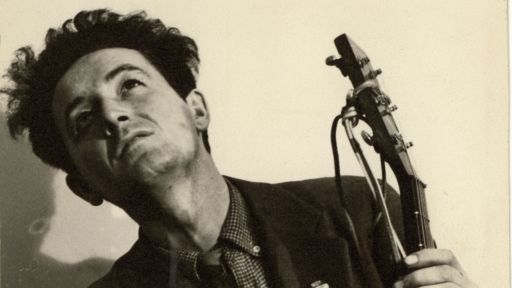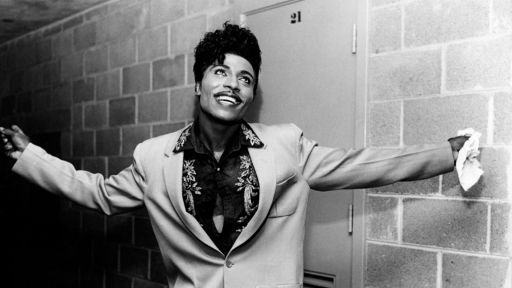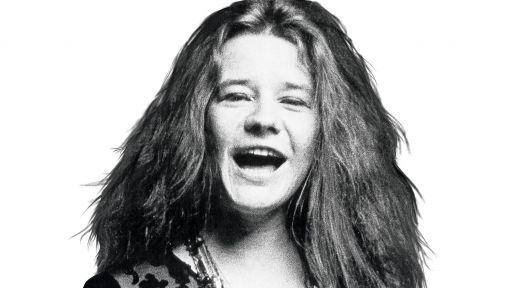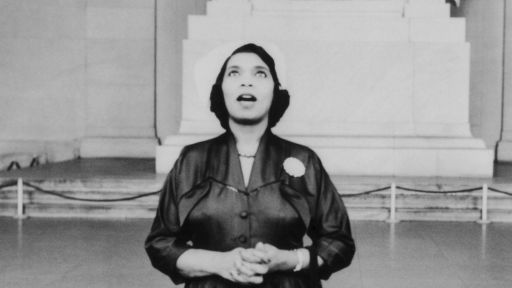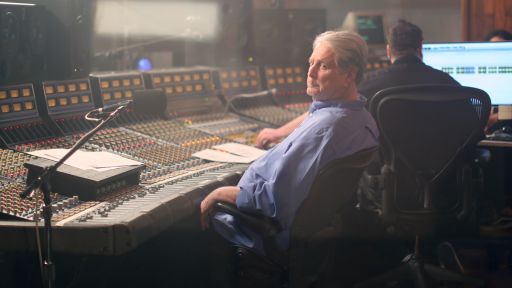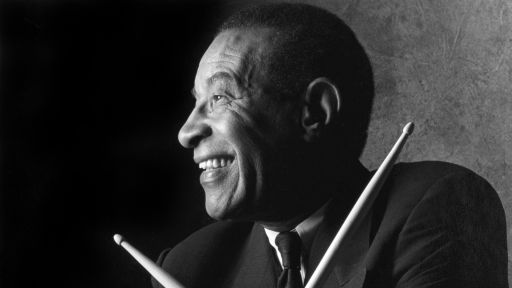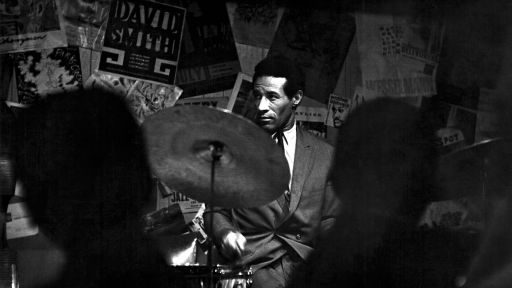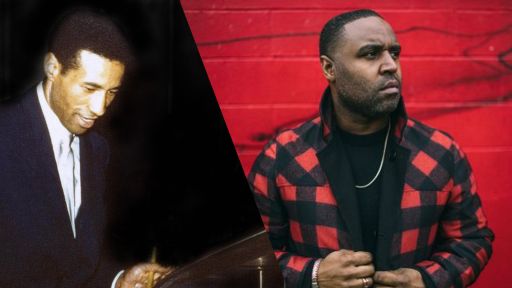Director Sam Pollard was captivated by the life story of drummer and activist Max Roach 35 years ago. “Seeing Max Roach sit behind a drum set, he had a regal quality about him,” said Pollard. “And I remember saying, ‘Somebody should do a film on Max Roach.'”
Video Features
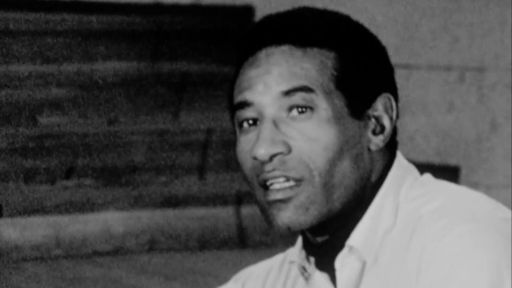
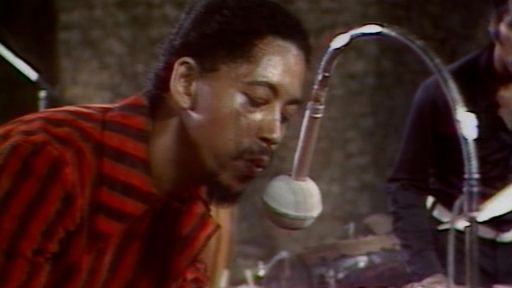
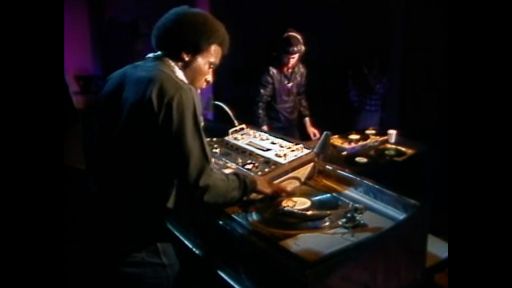
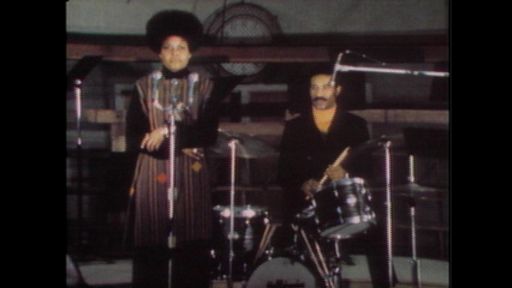
Written Features
Thought Leaders
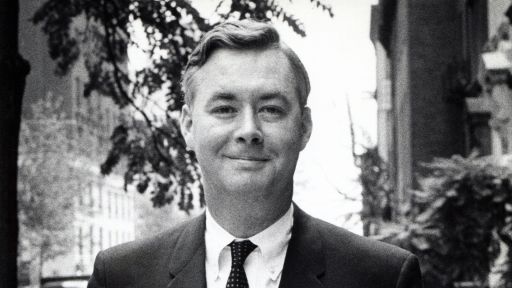
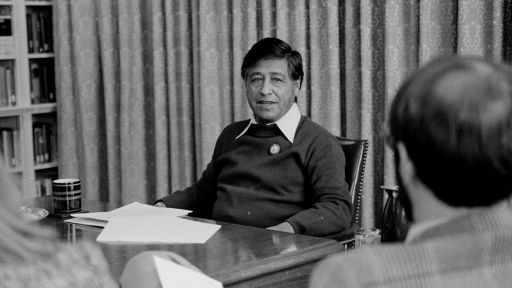
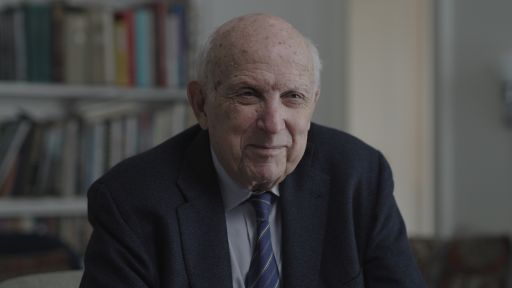
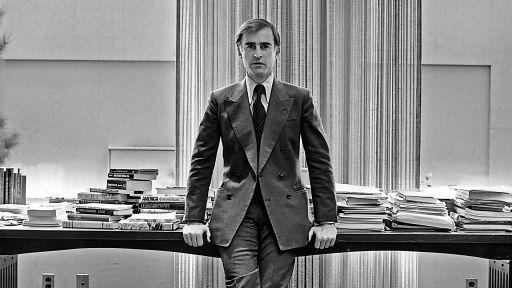
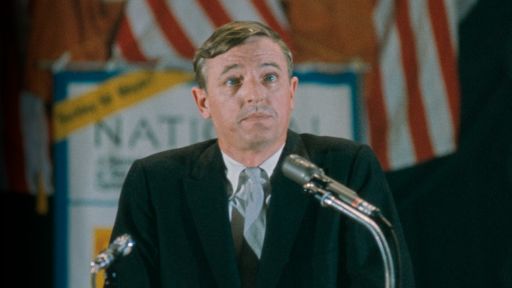
(Max Roach drumming) - [Interviewer] Do you consider this music as a weapon?
- You mean as a weapon in the fight against discrimination and things like that?
Sometimes the music is used say, to make people feel happy and joy, but on some occasions we do use the music as a weapon to, against man's inhumanity toward man.
- It is with great pleasure that I present to you Mr. Max Roach.
(crowd cheering) (Max Roach soloing on drums) - Well, jazz is to me a nickname.
To me it's synonymous to nigga and things like that.
That's not the proper name for, for African American instrumental music.
(drum solo intensifies) It never was a name that we as musicians gave to it.
It was a name that this was given to it.
- [Interviewer] So you're not a jazz musician?
- No.
I'm an African American musician, and that's the kind of music that I play, or I attempt to play.
- The Max Roach Archive at the Library of Congress is extensive.
Stills, audio recordings.
Oh, I've seen this one already.
He knew that to document his legacy would be very important.
These are the '80s.
Check this out.
I began this film in 1987, so it's 35 years.
That's a long journey.
In 1983, I was editing a documentary about the poet Langston Hughes.
And one of the sequences was Max performing to one of Langton Hughes's poems.
(Max Roach drumming intensely) Seeing Max Roach sit behind a drum set, he had a regal quality about him.
It was like, no wasted motion.
Just wonderful, man.
And I remember saying, "Somebody should do a film on Max Roach."
(inspiring music)
You May Also Like
